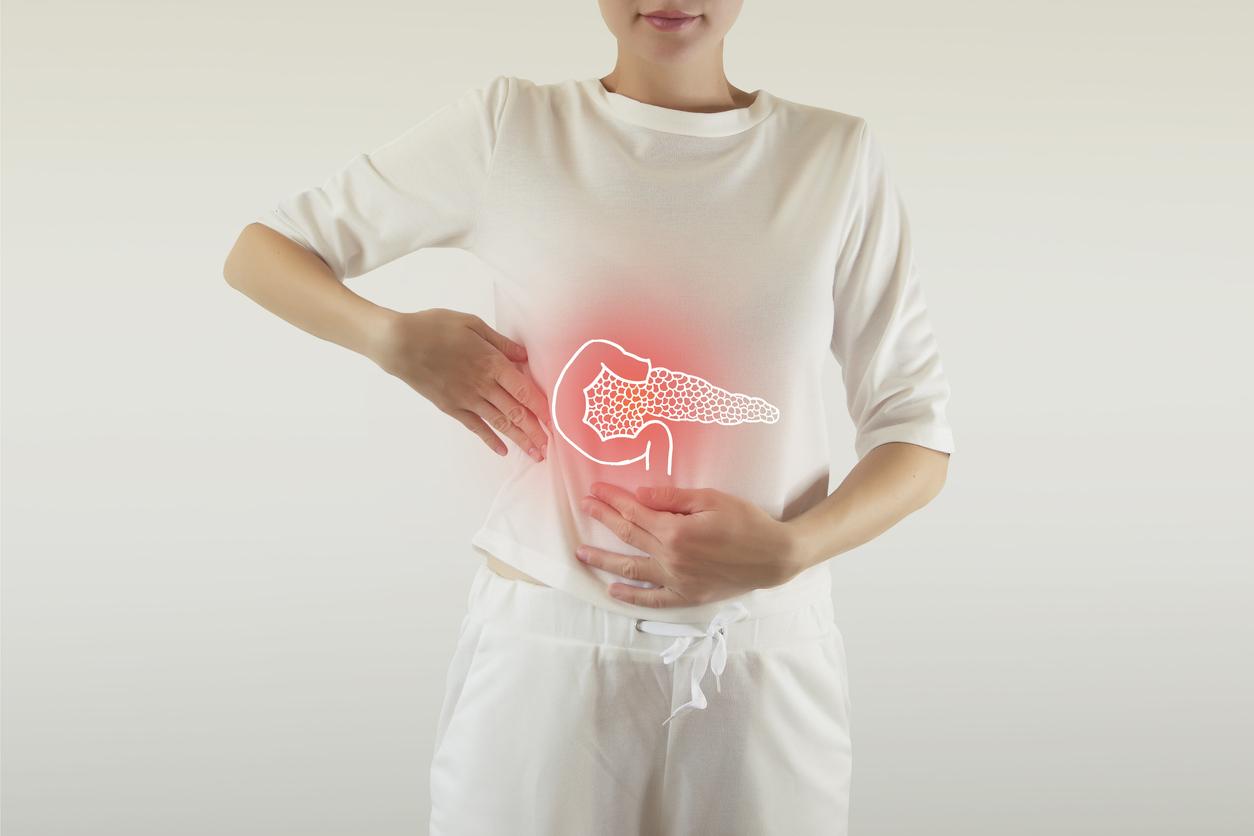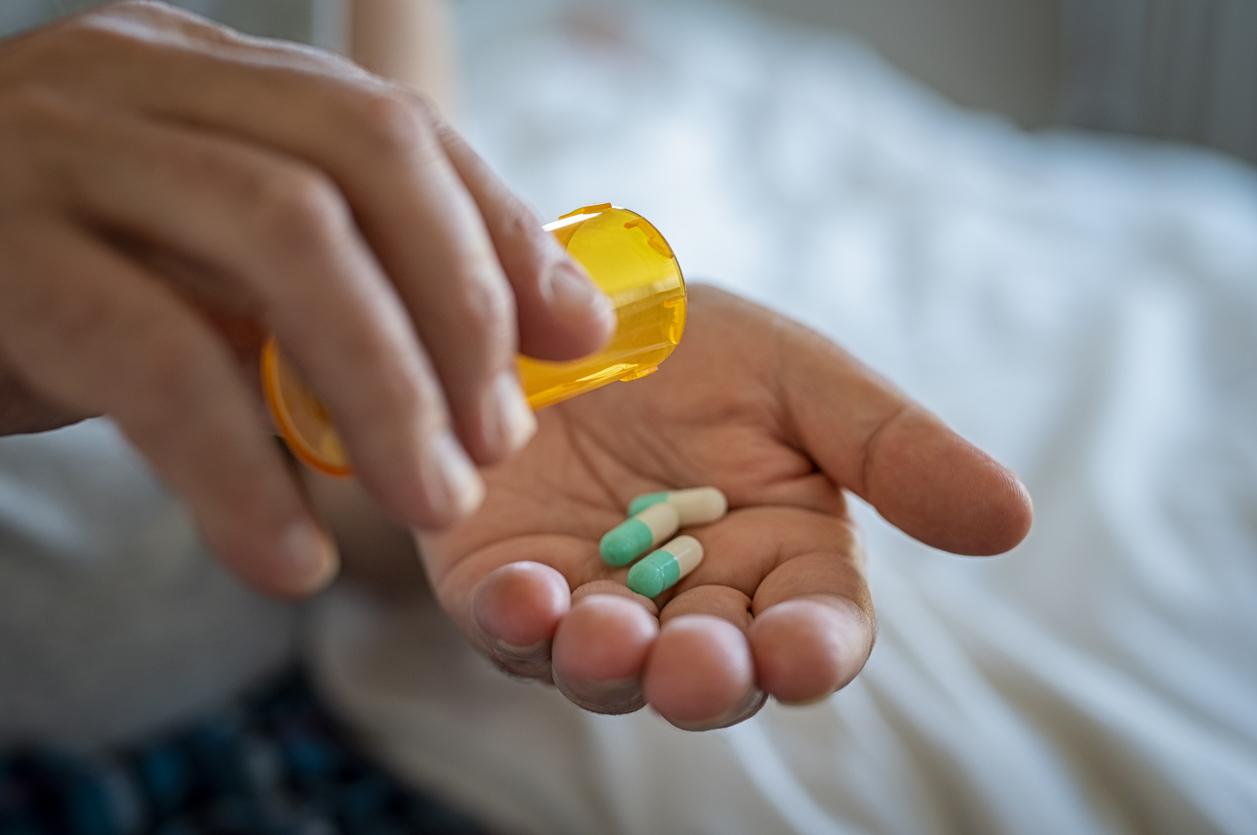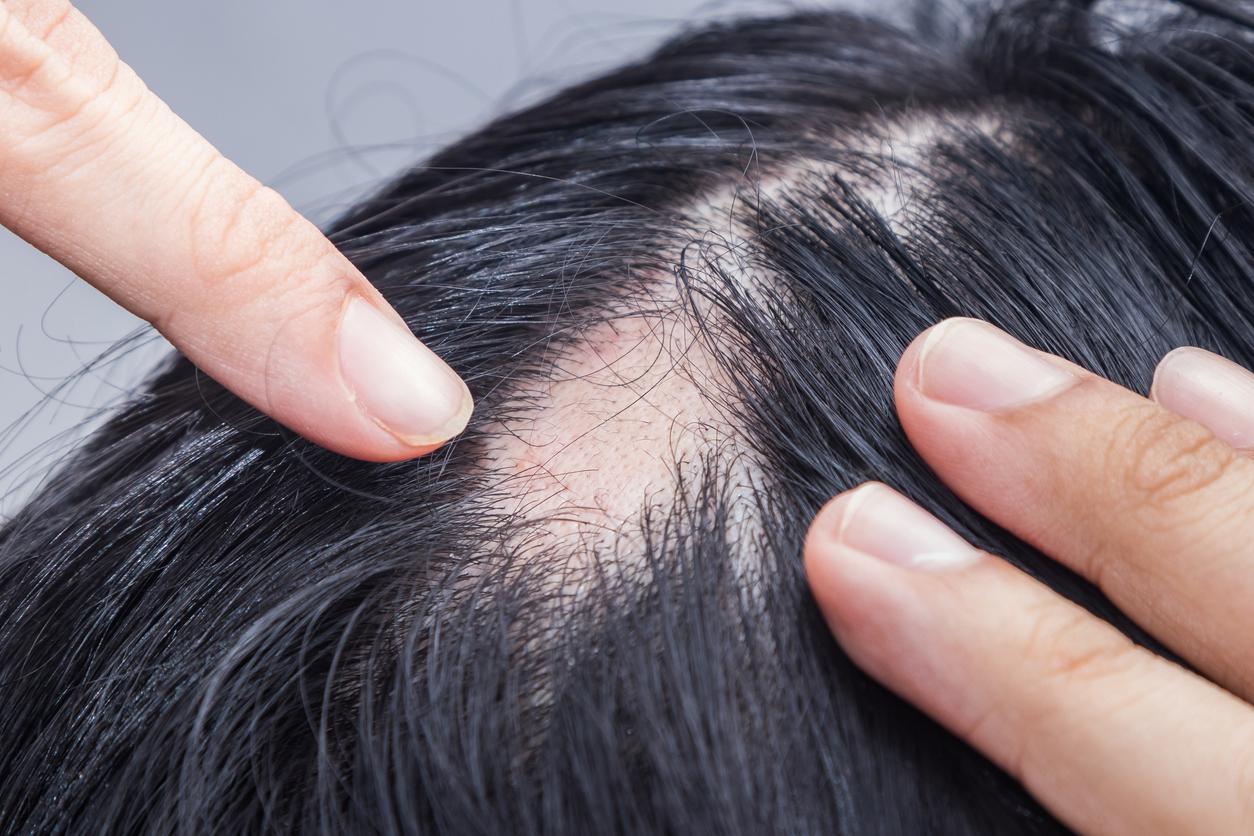A start-up announces that it will deploy drones to deliver drugs to three US states, where areas very far from medical centers are numerous.

No road, no doctor, or no pharmacy: isolated places are not very welcoming for those who suffer from one or more pathologies. Fortunately a solution now exists, drones. These small, driverless flying objects are capable of delivering small packages from one point to another very quickly. From postman to pizza delivery man, all variations have been considered, but it is in health that they can be most useful. In 2014, the start-up Zipline International imagined delivering drugs by air and today announces that it is setting up in the United States. Three remote states, Nevada, Maryland, and Washington State, will thus benefit from these express deliveries. For several weeks, the system has already been operating in Rwanda, whose entire territory should be covered by the end of August.
Text order
The goal is simple: to save lives by providing populations far from health centers with the drugs, vaccines and blood bags they need. Previous tests carried out in 2015 had confirmed the interest of the device. The White House has therefore expressed its willingness to benefit from the concept, to improve the health of difficult-to-access areas such as Indian reserves. The drone, which looks like a small light plane, can indeed carry up to 1.4 kg of material and travels at 100 kilometers per hour. Much faster than a land vehicle which must take into account the lack of road and geological constraints. A doctor or hospital can place an order for medical products by text message. The preparation of the device takes one minute, then the package can be parachuted within half an hour at the indicated GPS location.
Zipline International indicates that it wishes to extend its offer to the whole of the United States, and to the regions of East Africa. But the interest of drones in the medical field does not stop there. A study published in Plos One in 2015 suggested that these devices could transport blood samples for analysis under optimal storage conditions. In addition, an experiment is being carried out at this very moment in France, in Biscarosse, to assess the interest of these devices to help rescuers at sea. Drones have obviously not finished making our lives easier.
.















